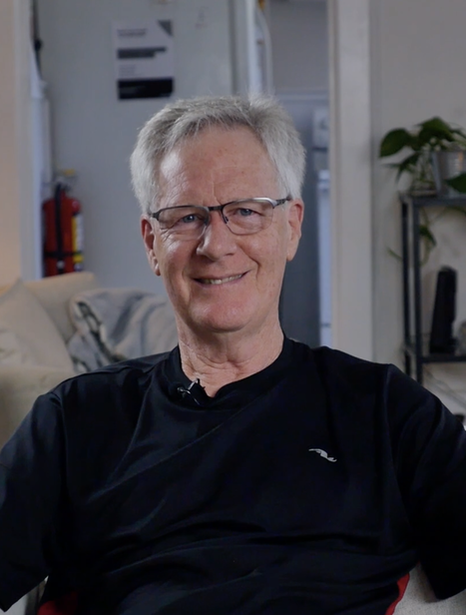|
7/29/2021 1 Comment ReconciliationChristine Olding
Reconciliation … a long word, which I think is fitting. It is a process that requires time and intention to be successful and highly values relationship when done well. It requires both parties wanting to understand and value the other’s journey and pain. The willingness to walk in someone else’s shoes, to empathize with their process. This requires listening, and humility, the willingness to admit we do not understand someone else’s heart fully. A real desire to know someone. That we may have got it wrong, that we may have reached incorrect conclusions, that we may have judged someone, labelled them ignorantly, overly simplified their character because we did not choose to understand their heart. Reconciliation is not easy, and in order to be successful it must be fuelled by love and a deep desire for relationship. It is a goal that is not void of justice but prefers the higher goal of relationship, where mutual honour and humility are the foundation. God’s heart is for relationship, always. We were created to be in relationship with Him first, and then with others, and part of preserving relationships and growth is learning how to overcome damage that our inevitable failings in relationship will cause. Without learning how to walk through the process of reconciliation, relationships are doomed to remain superficial or even end through an inability to heal. We see this in families, between friends and groups of people, even countries. However, we cannot move towards reconciliation without fully owning the damage that has been done by ourselves to others. That means no excuses, no minimizing, no avoiding taking responsibility, no victim blaming and no denial. When we are in the wrong, whether through our inaction or through action, we need to fully own it, and validate the other’s pain. This cannot be rushed. A person’s pain is validated by listening to them and giving them a voice. If we value someone deeply we will we need to listen. Really listen to their heart, their pain, their perspective. The goal is to understand. You don’t always have to agree, but you do need to empathize with their pain. However, the question to ask yourself is this: have you cultivated a character that is safe to be vulnerable with? Note I didn’t ask how you see yourself, rather how others see you. After all, the goal is to be in relationship with others. Not with ourselves. I want to stop here for a moment and ask…. Are you reading this thinking of someone else? Because if while reading this your thoughts are moving towards the wrongs done to yourself, and how you wish they would read this. May I humbly suggest you stop reading and come back to this later? As long as we focus on how we wish others would change, and what others are doing wrong, we miss the very real and powerful chance to be part of the solution ourselves. By focusing on the one thing we can control that we have complete responsibility for: ourselves. Reconciliation also means asking for forgiveness, directly, when we have done harm. Not because we are owed it, but because in asking for forgiveness we are acknowledging our wrongdoing, and that we are in a place where we need forgiveness. It is vulnerable, because it places us in a position not to be forgiven by whomever we have hurt. We may come face to face with the real possibility that the other party does not value the relationship as much as we do. And as horribly painful as that is, we know we will always have the forgiveness of our Heavenly Father, and the chance to grow and bless people even if someone chooses to close the door on relationship. We can still be part of God’s solution. If reconciliation is an option, it will not involve punishment, but it often involves restitution. Before you react to that statement hear me on this. Punishment’s goal is justice only, often fuelled by revenge, a wrong for a wrong. Punishment by its very nature encourages correct behaviour out of fear of a deterrent; it does not encourage a safe place to grow out of our wrong behaviour. Restitution operates from a recognition that we may not be able to make “right” what we have done, but we are fully committed to working on not repeating our mistakes again. And that commitment involves sacrificially building bridges and changing ourselves and our behaviour to make things right from our end. Restitution has as its goal restored healthier, healed relationships.
1 Comment
12/25/2022 06:06:38 am
Enjoyed reading the article above, really explains everything in detail, the article is very interesting and effective. Thank you and good luck… This site is very helpful for me. I love that site and it is also an informative site
Reply
Leave a Reply. |
Blog Authors Christine oldingClaudia OngoBruno IerulloRichard PaulRob ReidJustin madoniaSteve OngoArchives
August 2023
Categories |







 RSS Feed
RSS Feed